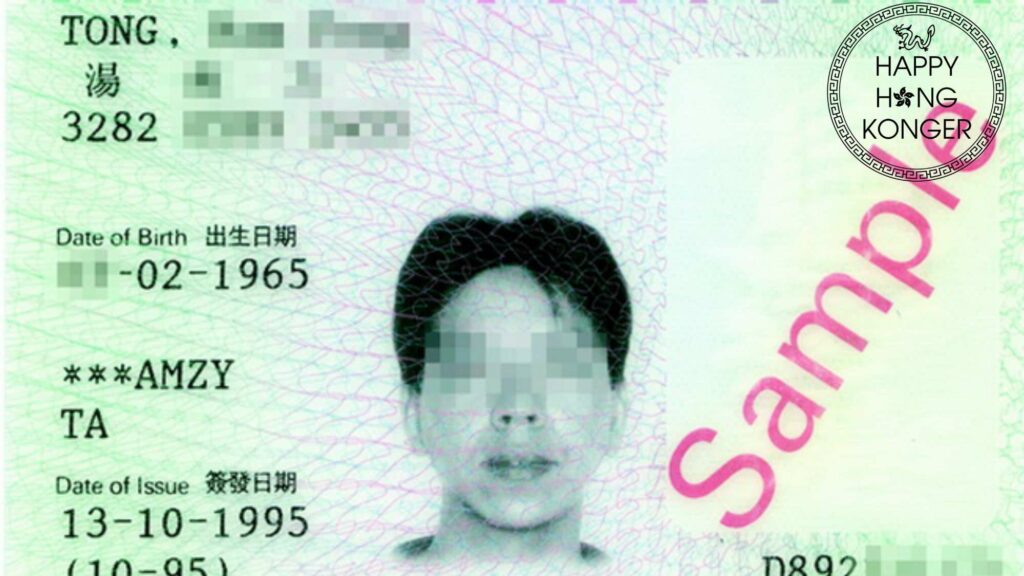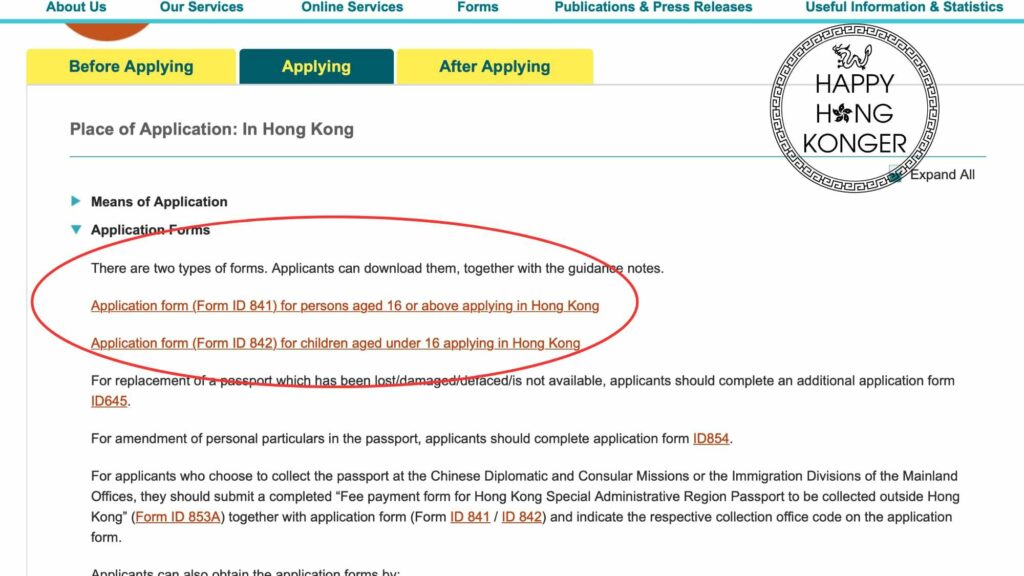Categories > Guides and Tips

The Complete Guide to How to Apply for Citizenship in Hong Kong
- How do I apply for citizenship in Hong Kong?
- Do I need to be in Hong Kong for 7 years straight in order to be a permanent resident?
- Can a foreigner apply for Chinese citizenship in Hong Kong?
- How do I know if I’m eligible to apply for a Hong Kong SAR passport?
- How do I apply for a Hong Kong SAR passport?
- Complete the Chinese naturalization form
- Pay another fee
- Revoke citizenship
- Get the Certificate of Naturalization
- Apply for an amended identity card
- How do I get my own Hong Kong SAR passport?
- Complete the form
- Submit
We may be a little biased, but we think Hong Kong is one of the most vibrant, beautiful places in the world. It’s no wonder many people dream of becoming citizens here!
If you’re already here reading this article, you must be one of them. Good, because in this article, we’ll guide you through the entire process.
From the eligibility requirements to the necessary documents (plus helpful tips), we’ll cover everything you need to know to completely live out your best life in Hong Kong!
How do I apply for citizenship in Hong Kong?

To clarify, Hong Kong doesn’t have its own citizenship, as it’s actually a special administrative region or SAR of China (which means most of its people are citizens of China) and not a country in itself. However, you can become a permanent resident of our city if you want certain benefits and privileges.
Permanent residents are those who have lived in Hong Kong for 7 years. They do not need to be of Chinese citizenship, although many are.
Also worth noting is that even though Hong Kong doesn’t have its own citizenship, it has its own passport. We’ll talk about how to get one later.
Do I need to be in Hong Kong for 7 years straight in order to be a permanent resident?

No, you don’t need to be in Hong Kong for 7 years straight to be a permanent resident.
If, let’s say, you want to go abroad to go on a holiday or for business, that’s totally fine. As long as you stay in Hong Kong for 7 years all in all, then you can still be a permanent resident.
Can a foreigner apply for Chinese citizenship in Hong Kong?

Yes, a foreigner can apply for Chinese citizenship in Hong Kong if they have Chinese-resident relatives, have a valid Hong Kong permanent identity card, and are permanent residents of Hong Kong.
Note that it’s not allowed to have dual nationality according to Chinese nationality law. We’ll use the word “nationality” since that’s the term the Chinese law uses, but we’re also talking about citizenship.
How do I know if I’m eligible to apply for a Hong Kong SAR passport?

You are eligible to apply for a Hong Kong SAR passport if you’re a Chinese citizen, have a valid Hong Kong SAR permanent identity card, and are a permanent resident of Hong Kong.
If you’re a Chinese citizen, you should meet the following criteria:
- You should have been born in Hong Kong.
- If you were born in another country, at least one of your parents should be a Hong Kong permanent resident at the time of your birth.
- If you were born in another country, you should have been living in Hong Kong for 7 years.

Meanwhile, if you’re a foreign national, you should meet any of these criteria:
- Not only should you be living in Hong Kong for 7 years, you should also have Hong Kong as your permanent residence. Moreover, you should have also followed the rules in Article 24 of the Basic Law which basically just states that you are paying taxes.
- You are younger than 21 and was born in Hong Kong with a parent that has a permanent residency in Hong Kong.
Do note that it’s not enough to have a permanent residency to be able to apply for a Hong Kong SAR passport. They only accept Chinese citizens for this.
How do I apply for a Hong Kong SAR passport?

| Difficulty | Moderate ●●●○○ |
| Number of steps | 5 |
| Time needed | Several weeks |
| Things you need | Chinese naturalization form and $3,460 HKD |
If you’re eligible to apply for a Hong Kong SAR passport, we listed the proper steps to take when you do. Do note that this also includes how to apply for Chinese citizenship.
1. Complete the Chinese naturalization form

The first step is to complete the Chinese naturalization form. You can obtain the forms through the website of the Immigration Department or by just clicking this link. Do note that you have to pay a fee worth $1,730HKD when you submit.
2. Pay another fee

Once the Immigration Department tells you that your form has been approved, you have to pay another fee, same as before.
You’ll know that you have been approved if you receive a letter from immigration.
3. Revoke citizenship

As we mentioned, Chinese nationality laws don’t allow dual citizenship, so you have to revoke yours. In order to inform the Immigration Department, you have to send them proof. They’ll let you know how.
4. Get the Certificate of Naturalization

After submitting the proof of revoking your citizenship, the Immigration Department will send you a Certificate of Naturalization.
5. Apply for an amended identity card

Congratulations! By receiving the certificate, you now have Chinese citizenship. Now that you do, you have to apply for an amended identity card.
You can do this by filling up the application form that can be found on the Immigration Department’s website. You can send it in via mail, by fax, in person, or through the Immigration department’s app.
If you also want to get your own Hong Kong SAR passport, follow the steps below.
How do I get my own Hong Kong SAR passport?
| Difficulty | Very easy ●○○○○ |
| Number of steps | 3 |
| Time to perform | 5 to 10 minutes |
| Things you need | Internet access |
Luckily, it’s quite easy to get your own Hong Kong SAR passport these days.
1. Complete the form

First, you have to complete the form on the Immigration Department’s website.
2. Submit
Submit the application form along with the following:
- Your photograph
- Cheque
- Photocopies of important documents (not including your Hong Kong Identity card). These must be photocopied on an A4 Sized paper.
And that’s it! Now all you have to do is wait to be granted your passport.





